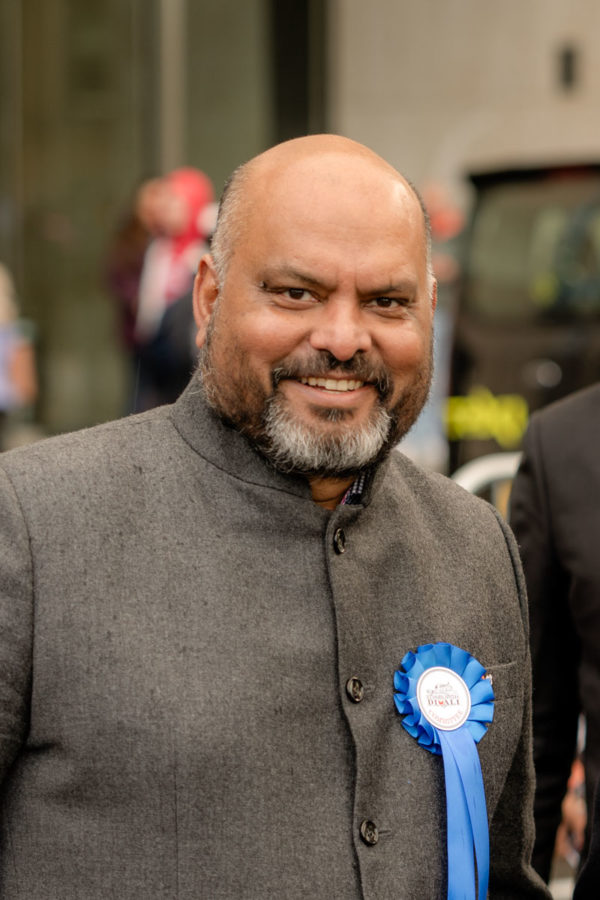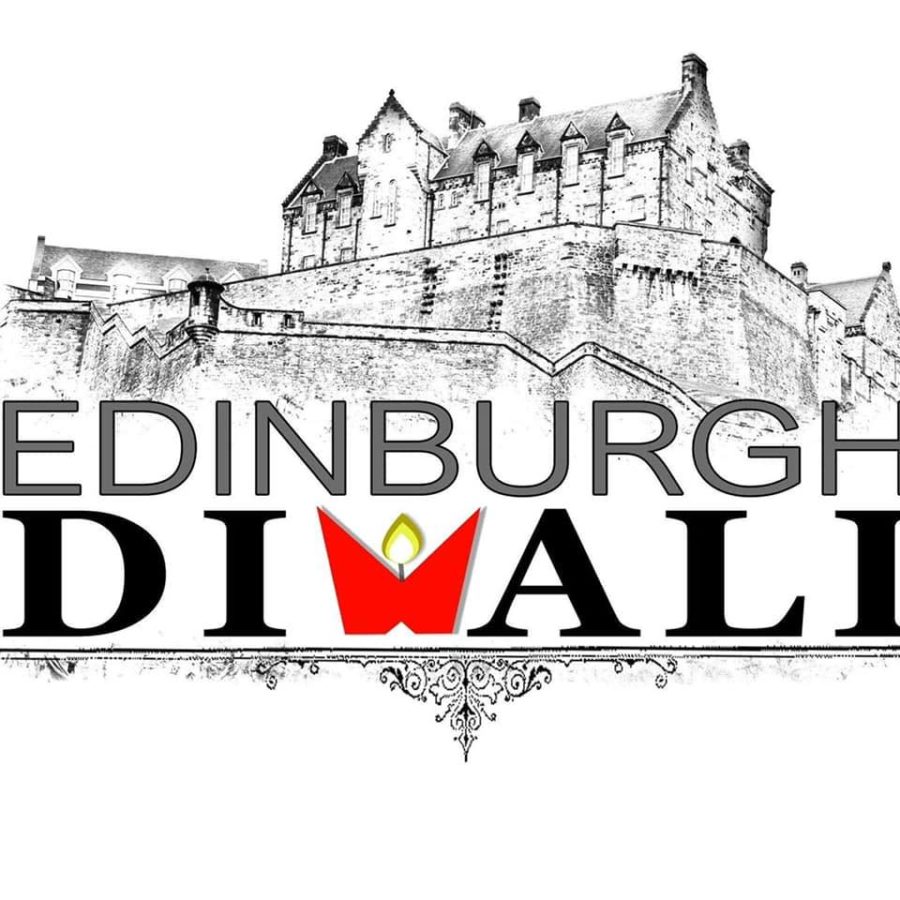Edinburgh Diwali Festival of Light
The festival which celebrates light at the darkest time of the year has become a fixture on the calendar of Edinburgh festivals in recent years.
Rajnish Singh is Patron and a former President of the Scottish Indian Arts Forum (SIAF) and President of Edinburgh Diwali. He explained that the annual event is a very important festival for Indian diaspora to celebrate but he emphasised that he extends an invitation to everyone in Edinburgh to come along on 19 November to enjoy the entertainment and the spectacle.
It was the former Lord Provost Donald Wilson who was instrumental in transforming it from a VIP event behind closed doors at the City Chambers into the public event it is today. He remains a patron of SIAF.
The Scottish Indian Arts Forum has a clear purpose: “SIAF is volunteer led and community-based ethnic minority organisation managed by an Executive Committee comprising professionals from diverse fields, who are fully committed to advancing the arts and cultural heritage for the diverse Indian community while enhancing their equal participation, active citizenship and cultural identity.” The SIAF have delivered Dusherra annually for a quarter of a century, along with Holi and other milestone Indian independence celebrations, while Edinburgh Diwali, a standalone organisation, is responsible for Edinburgh Diwali.
Edinburgh Diwali is supported by the Rt Hon Lord Provost of Edinburgh, who is also the Chairperson, to bring the Diwali Festival of Light to the capital so that everyone can take part in the festival which celebrates the victory of light over darkness and good over evil.
The celebration has taken place in Edinburgh for a number of years and includes a city centre parade, led by the Band of the Royal Regiment of Scotland, with lots of music, performers and closing fireworks from Princes Street Gardens in the most public expression of Diwali which Mr Singh is delighted about.
He explained the Diwali civic reception in the city chambers was very nice, but he welcomed the opportunity to extend Diwali into the city to include the people of Edinburgh. He said: “We were very, very clear that if we were to take over Diwali then it had to have a public Diwali. It could not be invite only. Donald Wilson was Lord Provost and he really backed our stance on this. At first the event was only held at the Ross Bandstand, and the first year was a great success.
“Our intention was always that if we set it up then it should be without any barrier and people should not be constrained because of finances. So we have kept it free and that has been a big challenge. But our committee is made up of professionals and there are no paid staff.”
Singh explains that he is an IT consultant, who came to the UK in 1999 from the town of Patna and other volunteers are bankers and doctors, so all have day jobs as well as their contribution to Diwali. And he explained it is important that the service providers and professionals – such as the dancers and musicians – are all paid for their work.
The finances are the biggest challenge as every year the event starts again from scratch with “almost zero” in the bank. The council and the Lord Provost’s office provide some support, and there are private corporate sponsorships with Baillie Gifford now committed for three years.
In 2019 the National Lottery Community Fund awarded £50,000 to Edinburgh Diwali from their People’s Projects which supports organisations which bring people together and “make communities stronger and more inclusive”. Since 2015 when the event began with a budget of £10,000 the 2019 event had a budget of £85,000 but in the last three years the budget after the pandemic fell back to around £30,000 which Mr Singh thinks is their base cost to cover all the live performances.
He also explained that the event is supported by The City of Edinburgh Council through the Culture budget and the Lord Provost’s office, Baillie Gifford, The National Lottery – Awards for all, BEMIS Scotland, LIDL, The Craigvrack Hotel and these Edinburgh restaurants – Tantra, Clay Oven India and Dishoom.
He explained some of the other aspects of the organisation of Edinburgh Diwali: “We have representation from different regional community and Indian community organisations and we want to keep it as multicultural and we didn’t want any religious element in it so that is why even on the committee we have people of all faiths. Right from day one we have had Hindu, Islam, Muslim, Christians and others.
“In 2016 we introduced the parade to ensure that local people could become involved and in 2017 we achieved charity status. And in that same year we got the Band of the Royal Regiment of Scotland to lead the parade.
“The diaspora is very proud that this takes place in the city centre, and we got some recognition by being included in The Daily Telegraph’s list of the best places to celebrate Diwali around the world.”
As for the Singh family they celebrate Diwali at home by inviting other families to join them to eat and enjoy a firework display, they decorate the house and the Diwali lights go on. He explained that on the day itself – which this year is 12 November as the date changes according to the lunar calendar, when people will perform a puja, a kind of prayer.
Diwali is a festival of light and is celebrated throughout the world by people of all faiths, although it is originally a Hindu festival. People clean their homes and decorate them with lights and perform Lakshmi puja to seek the blessing of the goddess for a prosperous year ahead.
Fireworks are a Diwali tradition as it is thought the sound of fireworks banishes evil spirits. And in common with many other festivals it is a time for gifts and sweets.
Mr Singh said: “Diwali is a time when you celebrate prosperity. The goddess Lakshmi is the goddess of prosperity or wealth so people do perform a small puja in their own house and come to our house for a party.”
https://www.edinburghdiwali.co.uk

